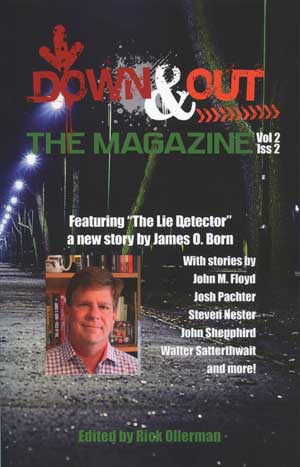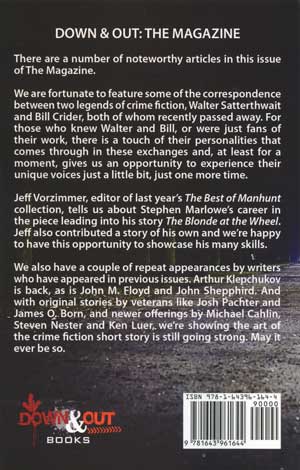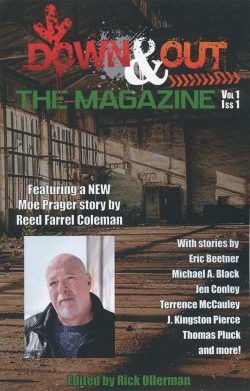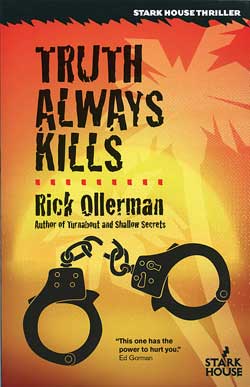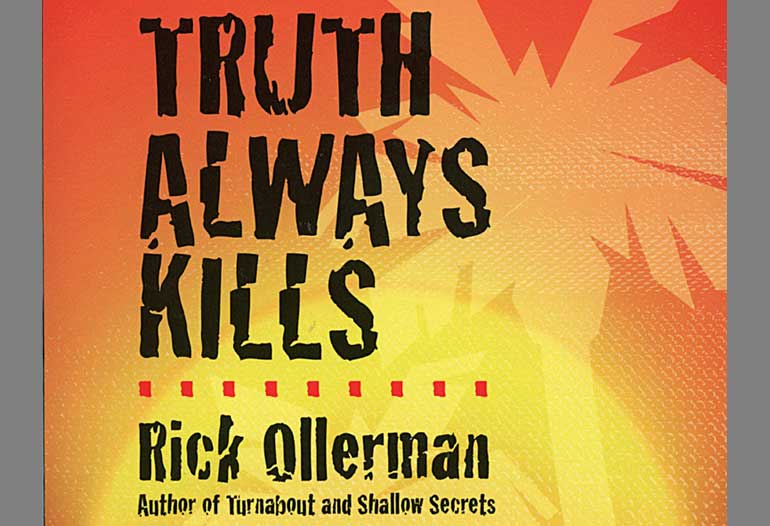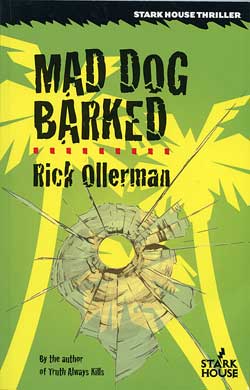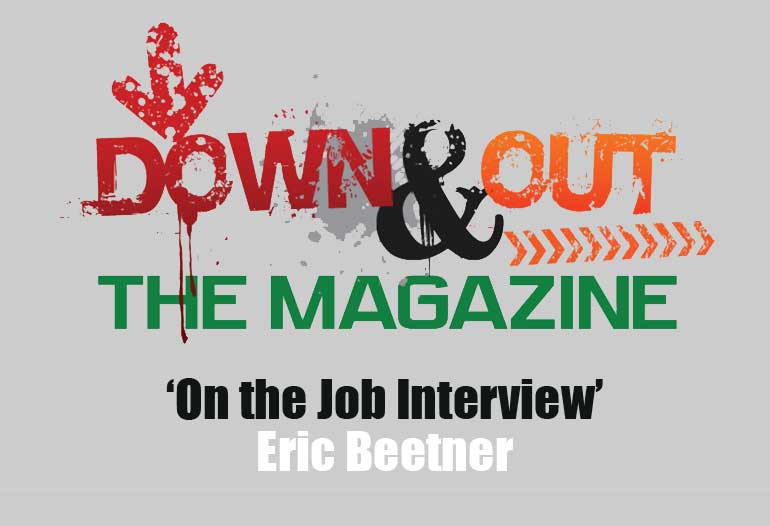Excerpt from the interview with Rick Ollerman that appears in The Digest Enthusiast No. 7.
The Digest Enthusiast: Unless I just plain missed them, I don’t think you’ve written many short stories, but “Hit Me” in the first issue of Down & Out: The Magazine was terrific. What triggered the tale, and what was unique about writ- ing a short story versus a novel?
Rick Ollerman: Thank you for that. What triggered that particular story was the notion that it was simply not a good idea to hire a hit man to kill somebody, for any number of reasons. The first time they get into trouble themselves, they’re going to say, “Wanna trade? Let me go and I’ll give you someone who wanted to have someone else murdered.” Huge backfire on you.
I’d like to write more but it’s just an easier thing to do if I either have a weekend or long chunk of time free (that happens, right?), or if someone invites me to their anthologies (I’m still waiting). Last year I had a story appear in Windward: Best New England Crime Stories 2016 from Level Best Books as well as another in Jay Stringer’s Waiting to be Forgotten: Stories of Crime and Heartbreak, Inspired by The Replacements (Gutter Books).
Since I don’t outline a novel and I definitely don’t know how it ends before I start, the biggest difference in writing a short story is while I don’t necessarily have to know the ending before I start, I absolutely, positively must know the point of the story.
Once I know the point of the story, I need someone who can tell that story, if it’s going to be in the first person. This gives me the voice of the piece, and if I have that, and the point, I like to take a weekend or three days and just work on the story start to finish. That clearly shows an obvious difference between novels and short stories: one of the two has far fewer words.
I know when I write it out like that it seems simple, and it is. But that doesn’t mean it’s easy. It’s far from that. The sharper, more refined the point and the voice are in your head, the more the story can help you write itself, but simple does not equate to easy. You have less space to develop characters, ideas, and plot, so that means you have fewer tools available for you to make your story what it is in your mind. Unlike a novel, you can hold the entire story in your head at once, but that means it has to be clear enough for you to do so, not something nebulous and ill-defined.
